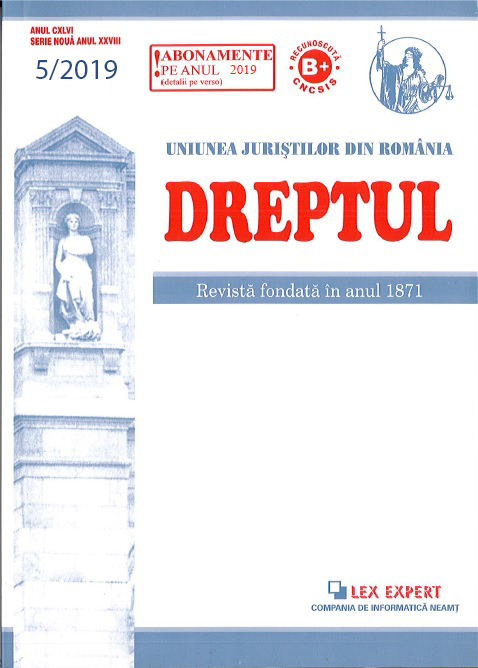Information technology changed the way we relate to information as any data posted on the Internet can remain accessible indefinitely. On the one hand this ease of access undoubtedly was beneficial for the freedom of expression and information, but on the other hand the fundamental right to privacy of natural persons seems under threat in the absence of an adequate legal mechanism that would ensure that their past will not haunt them ad vitam aeternam. Last year, the French Council of State has requested the European Court of Justice (ECJ) for a preliminary ruling on the territorial scope of the right to be digitally forgotten. Although, since the Google Spain case, EU citizens enjoy an online right to be forgotten, its territorial application is yet to be determined. As such, this paper discusses the Opinion of the Advocate General in the Google Case (C-507/17), opinion which could offer a glimpse into the future ruling of the ECJ on this matter. In our analysis, we will also show the reasons why the ECJ’s decision is only a step in defining the right to digital oblivion, not at all an end point.
Produse similare
-

PROPRIETATEA PERIODICĂ
15.00lei -

-

-


